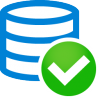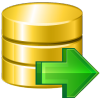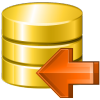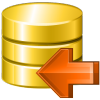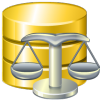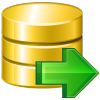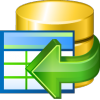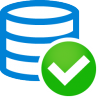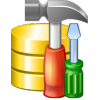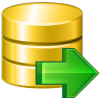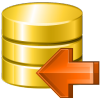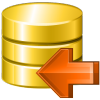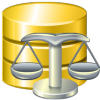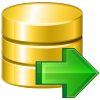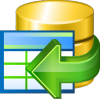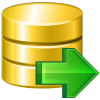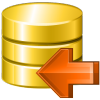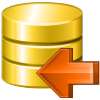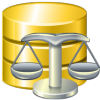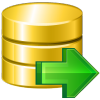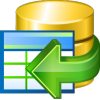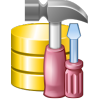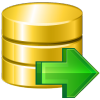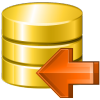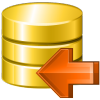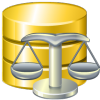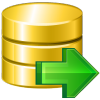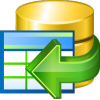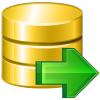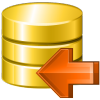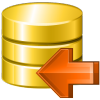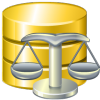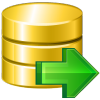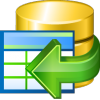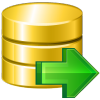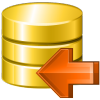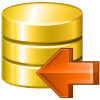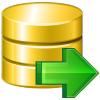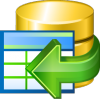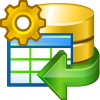Online Documentation for Data Import for MySQL
Step 2 - Selecting files to import
At this step you should select source file(s) to be imported.
Click the ![]() Add File button to select the source file name using the Open file... dialog. Repeat this operation to add more source files (if necessary).
Add File button to select the source file name using the Open file... dialog. Repeat this operation to add more source files (if necessary).
You can choose among the following types of the source data file:
- MS Excel
- MS Excel 2007
- MS Word 2007
- MS Access
- DBF
- TXT
- CSV
- HTML
- XML Data Packet
- XML MS Access
- XML Doc
- ODS
- ODT
The open file dialog allows you to set a filter on the source file format.
If you have selected the file of a format that is not supported the Select Import Type dialog appears.

Here you can select which import type for supported file formats should be applied to import the selected file.
To delete a file from the list, select it and click the ![]() Remove File button.
Remove File button.
You can also change the order of the source files in the list using the Up ![]() and the Down
and the Down ![]() buttons.
buttons.

Note: For the spreadsheet files: if you need to import data from different sheets into different tables you are to include that multi-sheet spreadsheet file into the list several times (equal to the number of sheets to be imported to different tables).
When a file is selected the Select Table dialog appears:

File name
Displays the name of the imported file and full path.
Database field allows you to specify the target database.
![]() Insert into existing table
Insert into existing table
Select this option to import data to the existing table. The active area contains the list of tables in the selected database. You can refresh the list by clicking the Refresh button.
![]() Create new table
Create new table
Use this option to create import destination table.
To change the target MySQL table that has been already assigned to a source data file, select the table in the list and press the ellipsis ![]() button to call the Select Table dialog again.
button to call the Select Table dialog again.
When you are done, press the Next button to proceed to the next step.

